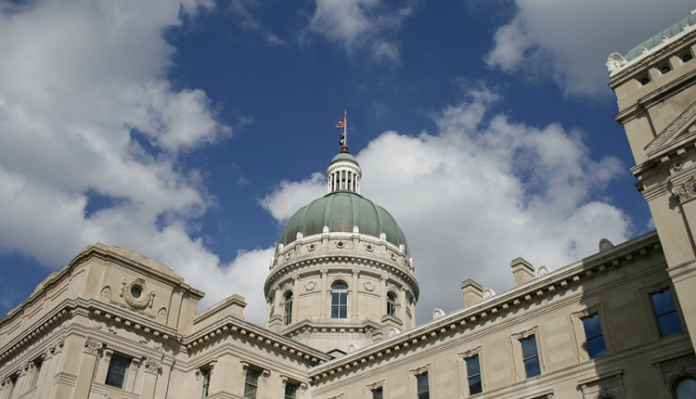As March draws to a close, the Indiana legislative session enters the final stage of law making.
Deadlines are looming for bills to get out of committee and soon conference committees will dominate the calendar. Conference committees, where representatives from both chambers meet to work out details of bills that have been amended in the second house, are often the least transparent time of session. With last minute meetings, unreleased amendments, and loosely related legislation smashed into bills, they can sometimes be an affront to the democratic process.
So, it is always interesting to me to consider the bills in our legislature that seek to amplify transparency at any level of government and those threaten one of the most important tenants of our representative democracy.
Conference committees, where representatives from both chambers meet to work out details of bills that have been amended in the second house, are often the least transparent time of session.
House Bill 1167, authored by Representative Ben Smaltz (R-Auburn), is currently awaiting second reading in the Senate. The bill, which initially required the live streaming and recording of all meetings of political subdivisions, is a huge step towards modernizing local government and ensuring that citizens, who have demanding lives, can witness meetings that they have a stake in without the pressures of attending them in person. It helps, too, our reporters who are often faced with stories unfolding across multiple locations and can’t be everywhere at once.
Though the bill received pushback from local governments, who were concerned that the price tag and logistics would be too difficult to overcome, it passed out of committee with one amendment. The amendment pushes the effective date to 2025 to make sure the proper resources are available for recording and live streaming and narrows who is mandated to record their meetings.
Click here to keep up on the bills HSPA is tracking this session.
While HB1167 makes strides toward greater access and transparency in local government, HB1186 works in the opposite direction. The legislation criminalizes being within 25 feet of a law enforcement officer who is engaged in their duties if the officer has asked the individual to move away (see related story, page 6).
In an era fraught with tension between law enforcement officers and citizens the ability to monitor those who are supposed to protect and serve is critical. This bill makes that difficult. And for the media it risks criminalizing part of a behavior that is enshrined in the first amendment of the constitution, freedom of the press. The author of the bill, Representative Wendy McNamara (R-Evansville), concurred on the Senate’s changes so the bill is now heading to the governor.
But that’s how session sometimes goes. You win some, you lose some. And it’s why it’s so important that we remain in the hallway to make our objections heard and vigilantly watch the repercussions of the legislation passed in years before. I know I’ll be traipsing the smooth marble floors of the state house until the




